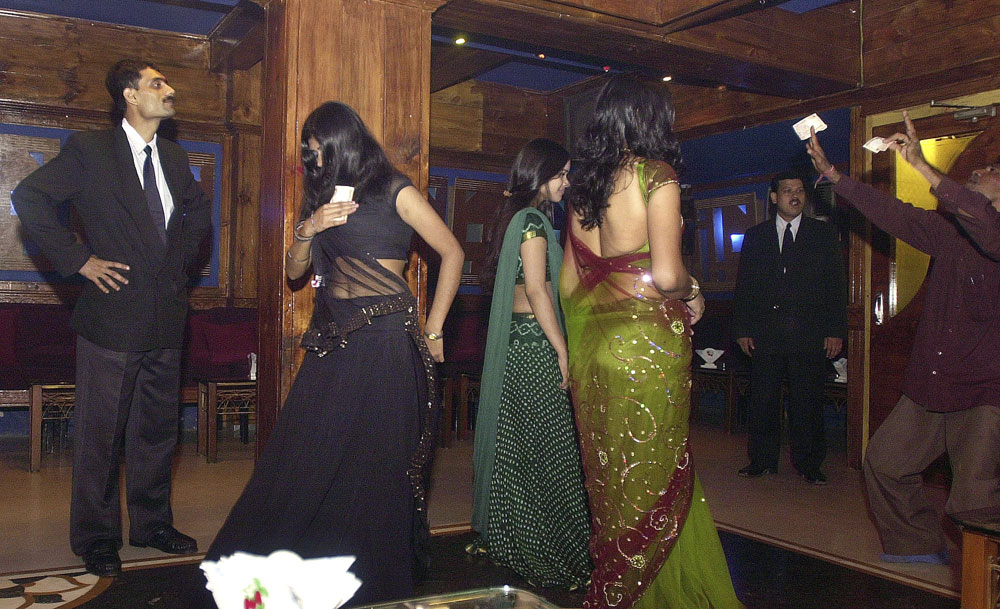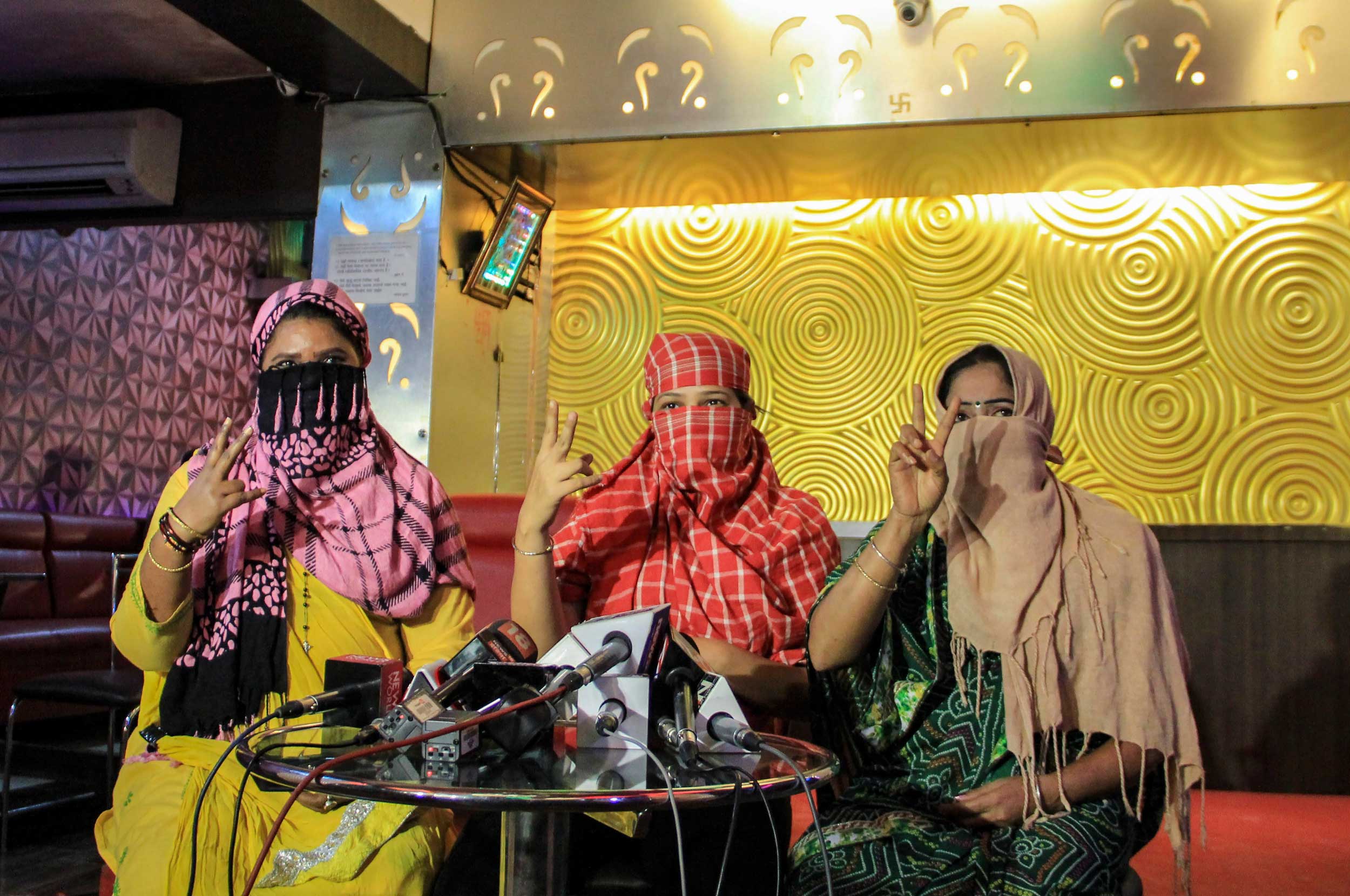No sooner had the Supreme Court delivered its verdict allowing dance bars to continue in Maharashtra than the state government turned all bullish. Finance minister Sudhir Mungantiwar said, “In the interest of people and for saving the cultural fabric of the state, we will not hesitate in bringing an ordinance to stop dance bars from operating.” In the meantime, the state’s drought-hit farmers reportedly continue to wait for compensation. But then what is an empty stomach in comparison to moral penury?
Old whine, new party
The brouhaha about Mumbai’s dance bars is not new. August, 2005. Ban comes into effect at the behest of the late R.R. Patil of the Congress party. Struck down in 2006 by the Bombay High Court. In 2014, the state government brings in the ban again. The Supreme Court terms it unconstitutional. At one point of time there were more than 600 dance bars in Mumbai; they employed 150,000 people, and nearly half of this workforce consisted of bar dancers. After last week's judgment, the Nationalist Congress Party cried foul. It alleged that the BJP had struck a deal with bar owners. BJP leaders denied. Fashion designer-turned-politician Shaina NC assured media that the BJP would not “compromise on ideas and values” and were also ensuring that the out-of-job women were offered rehabilitation and “honourable” means of livelihood.
Moral shots
And so it turns out that leaders across party lines are bogged down with morality that will even override divergent political ideologies. Even the SC noticed. It said quashing the condition seeking to prohibit serving of alcohol in dance bars, “This is totally disproportionate, unreasonable and arbitrary... It seems that State is more influenced by moralistic overtones.” Among other things, the petitioners had also wanted that dance bars should not be allowed within one kilometre radius of educational institutions and religious places. They were worrying about moral contagion no doubt, but the SC dubbed these terms “unworkable”.
The honourable thing
The Oxford dictionary defines dance thus: “Move about rhythmically alone or with a partner or in a set, usually in fixed steps or sequences to music, for pleasure or as entertainment.” Is dance in a dance bar this, or is it something more or something less? How is it different from its cinematic representations, or is there a guarantee of some sort that those have been delinked from “prurient interest”? Are the women employed in the dance bars professionals or are they prostituting themselves, and is not prostitution a profession and are not all professions a manner of prostitution? What is honourable and who decides it is so, and if a moral epidemic is what we are afraid of, even more than swine flu, why don’t we have shots for them yet? These are questions we won’t be raising. But the Maharashtra Home Minister said something about the Supreme Court judgment “not reflecting the sentiments of the people”. Well Sir, here’s a number for you and your brethren:
Dance bar mai aaya, mai toh
Mujhko rokega kaun aur kaiko
Campaign me jab aapka yeh line bajega
Sanskaari parties ko pay karna padega
Yeh moralistic stance
Voters, don’t miss the chance
Make them dance, make them dance, make them dance…












